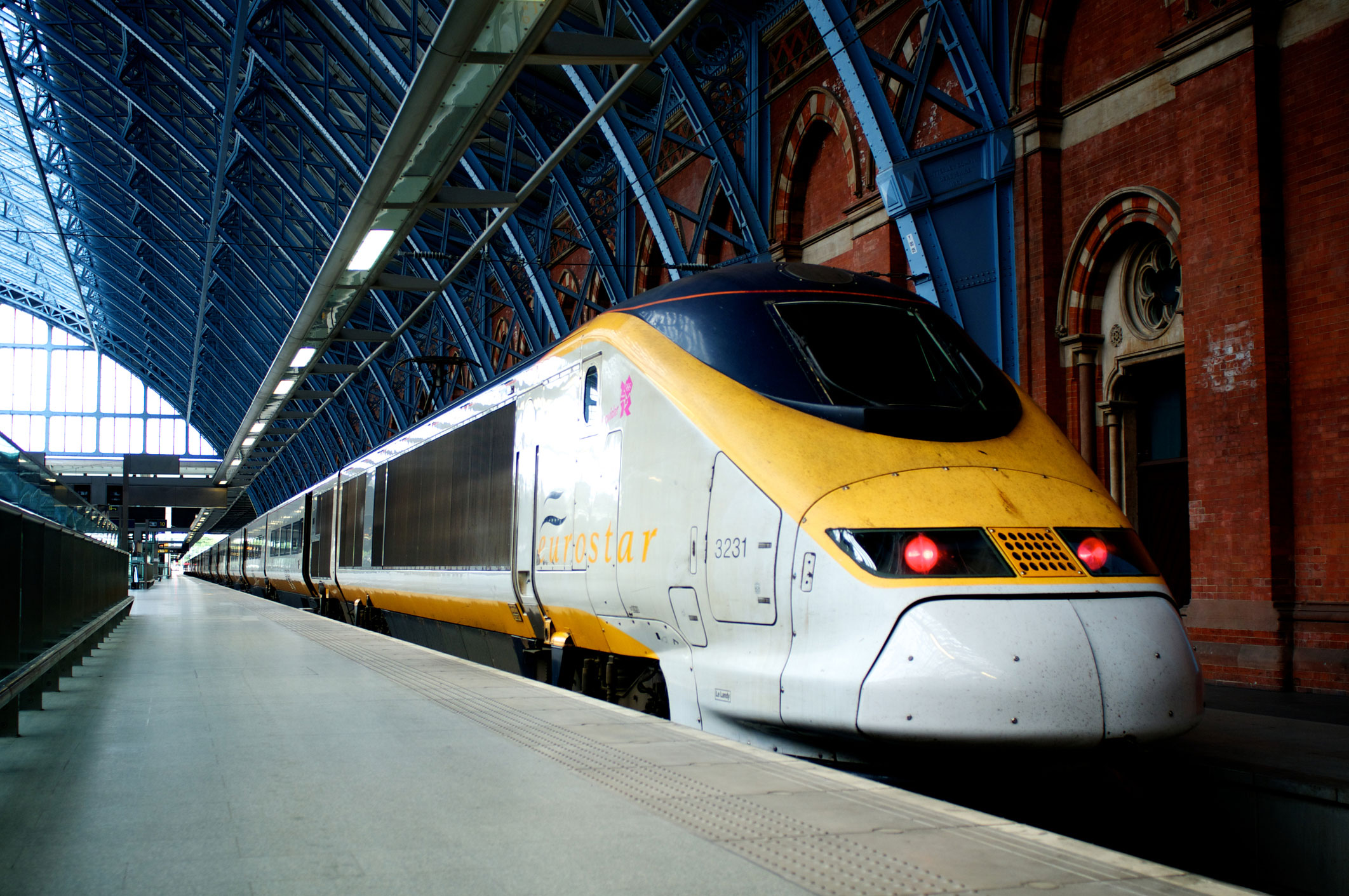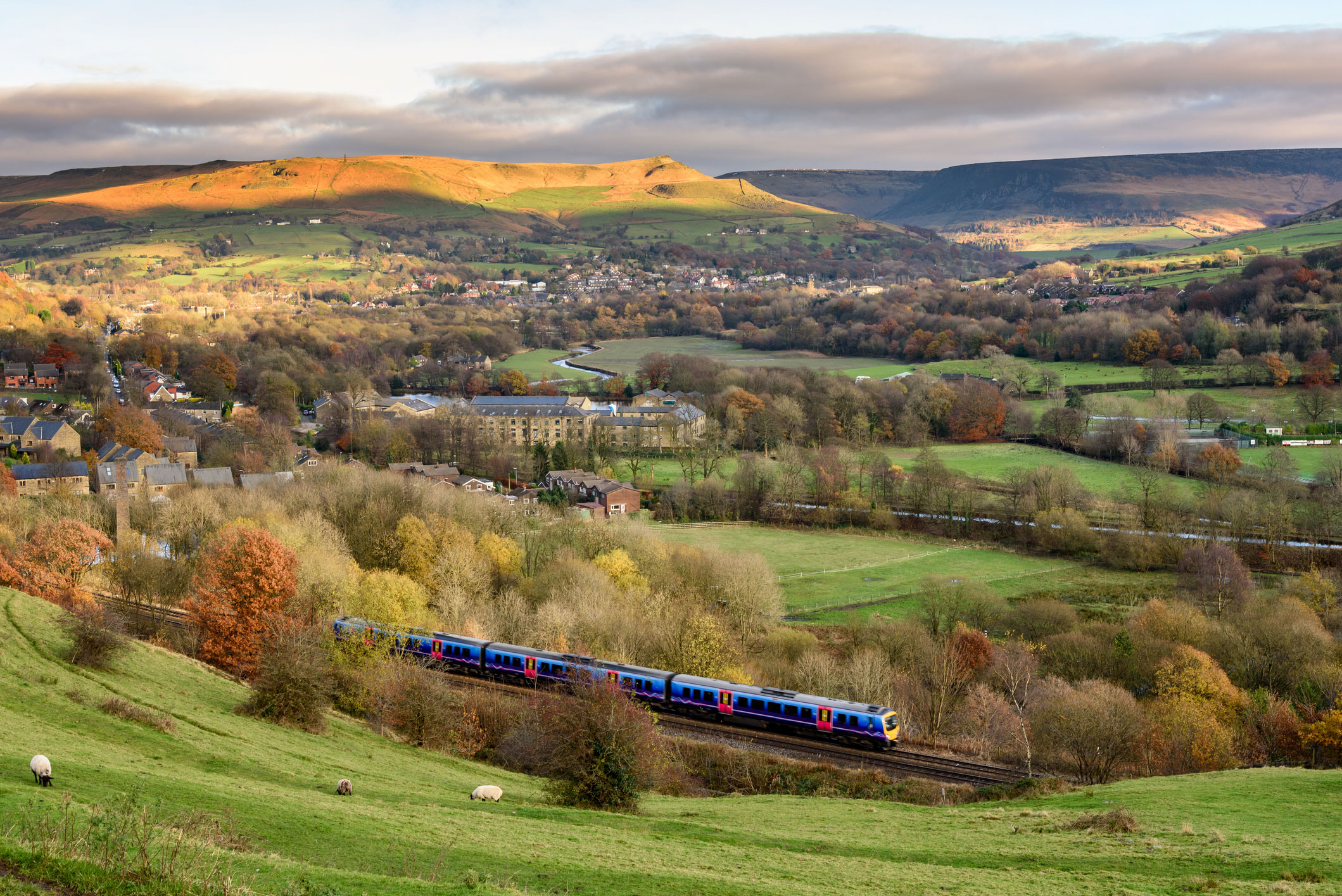Introduction
The nostalgic image of British rail is one of long journeys through rolling, green hills, and summer jaunts from city streets to seaside sands. It’s an industry with a long history; the nation’s fondness for steel rails and steam engines stretching all the way back to the opening of the commercial Liverpool and Manchester Railway in 1830.
But the bond between the UK and rail has grown increasingly rocky in recent years. The news that Eurostar’s London to Amsterdam route is to be suspended until 2024 is unfortunate news that pales in comparison to reports Eurostar are ending their services to Disneyland Paris from Ashford and Ebbsfleet International stations – both of which have been closed since March 2020.

Such stories seem to point to a lack of desire to address post-Brexit challenges of running services from the UK to the European mainland and a reluctance to invest. But is that about to change?
The Future of UK Rail
Last month, UK Rail minister Huw Merriman revealed that the UK Government were keen to encourage competition on cross-Channel routes from London to European destinations such as Brussels and Paris.
In a speech delivered to Parliament’s transport select committee, Mr Merriman said:
“The only way we’re actually going to bring prices down, get more people on, it’s getting more operators on there [the cross-Channel routes]. And I think that’s my ambition for it.”
Though previous attempts at introducing competition on the line have proven less than successful – efforts from both Deutsche Bahn in Germany and Renfe in Spain failing in the last decade and a half – Getlink, the owners of the Channel Tunnel, have suggested that they could run their own train fleet and remain competitive.
the number of mainline train stations across Britain
miles of British railway that is now electrified (38%)
approximate number of employees of Train Operating Companies
percentage of trips taken via rail compared to other transportation in England*
Statistics taken from the official GOV.UK Rail Factsheet 2022 | *taken from 2020 data
A Greener Route
The news is not only a beacon of hope for the UK rail economy, but also for the champions of more sustainable travel. According to a report from the BBC, the CO2 emissions per passenger for each kilometre (km) travelled is 6g for the Eurostar and 41g for a domestic train. Compare this to the 171g emitted by a single-passenger car and the 254g from domestic flights, and the green picture is clear.

“We all know that rail is the lowest carbon method for travel. Businesses and travellers want to travel more by train and are prepared to travel up to 4 hours by day and much more by night, which means that lots of places can be linked, and we can use them to decarbonise.
“At Gray Dawes Travel we are delivering ‘modal shift’ reporting and technology at time of booking and our clients want options to do this.
“It’s therefore vital that there is growth (not contraction) in international rail train and destinations happening soon. Government and corporate investment into this would be an effective way to decarbonise travel and much cheaper than many projects looked at.”
Ian Currington, Director of Account Management & Client Implementation at Gray Dawes.
In Conclusion
It appears that there is plenty for the UK rail industry to be optimistic about after enduring a few difficult years. The news that the UK Government is willing to invest time into making cross-Channel services more competitive, and by extension more profitable, is especially welcome; the introduction of new services from the UK to the European mainland has the potential to open up fresh opportunities for business travellers.
Our team of dedicated business travel specialists have decades of experience tailoring rail travel itineraries. Not only have we partnered with the UK’s two leading online rail providers, Evolvi and TrainLine, to secure the best deals, our cutting-edge technology allows you to access invoices, CO2 reports, and online and offline bookings with ease.
Related Articles
Travel Talks 14 – Expedia
How do Expedia’s hotel rates compare to those from a traditional GDS, and what benefits can be passed on to the business traveller? In this special guest edition of Travel Talks, we explore what savings Expedia can offer business travellers on negotiated rates, what they’ve been doing in the luxury hotel space, their roadmap for future innovations of the platform and much more.
How to Pick the Perfect Online Booking Tool
Quality travel technology is one of the key pillars of any travel management company worth its salt. But getting it right isn’t easy. There are dozens of OBTs on the market, each one with its own strengths, weaknesses, functionalities, and ways of working. With so many options, picking the right tool for you and your organisation can be a daunting prospect. In this handy guide to picking the perfect online booking tool, we take an in-depth look at all of the factors you need to consider so that you can rest easy knowing you’ve made the right choice.
Vilnius: A Business Traveller’s Guide
Are you planning on travelling to Vilnius for work? Once referred to as the Rome of the North for its reputation as a stronghold of Catholic values and its architectural beauty, the city is fast becoming a central business hub and a cradle for fledgling startups. Throw in competitive tax rates and a government actively supporting foreign investment, and you’ll see why Vilnius is the worst-kept secret for businesses of all sizes. In this comprehensive guide to Vilnius for business travellers, we delve deeper into navigating the city’s unique corporate landscape, offer our top tips for getting around, and pick out our top 3 things to see or do to make your trip unforgettable.


